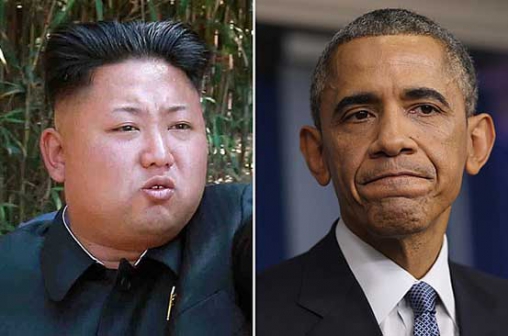×
The Standard e-Paper
Stay Informed, Even Offline

President Barack Obama imposed sweeping new sanctions on North Korea on Wednesday intended to further isolate the country's leadership after recent actions by Pyongyang that have been seen by Washington and its allies as provocative.
The executive order freezes any property of the North Korean government in the United States and prohibits exportation of goods from the United States to North Korea.